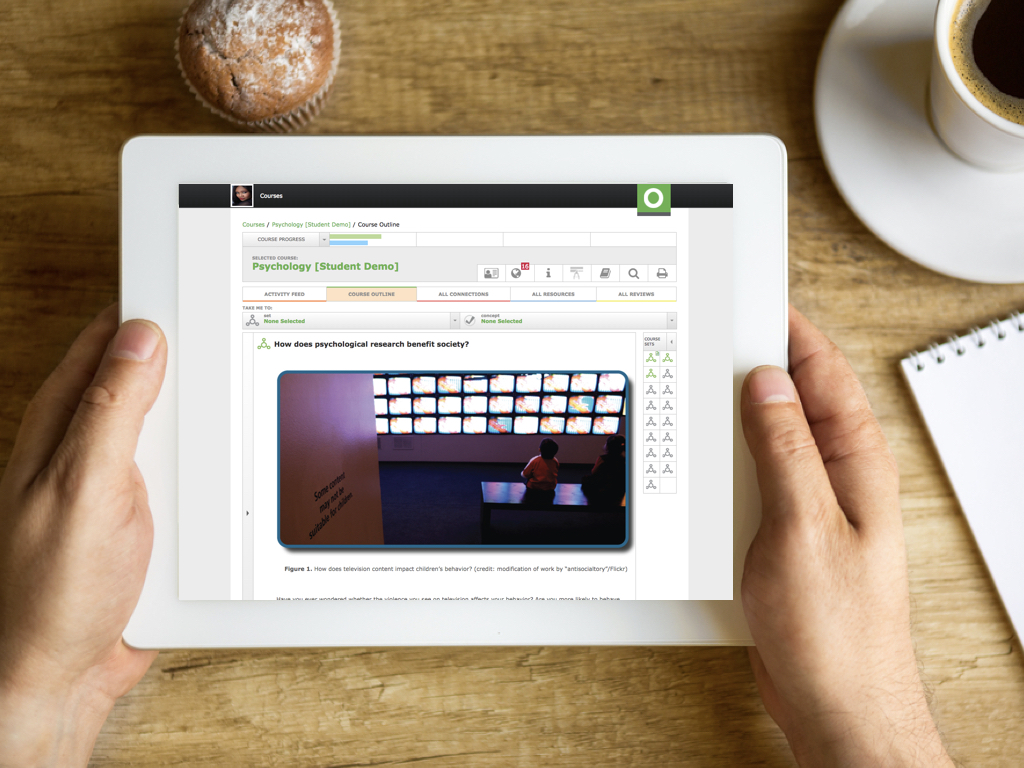
Educational Psychology
The comprehensive contents from this book, combined with Odigia’s Teaching and Learning Tools have everything you need to engage, collaborate, track and assess your students.
This course includes:
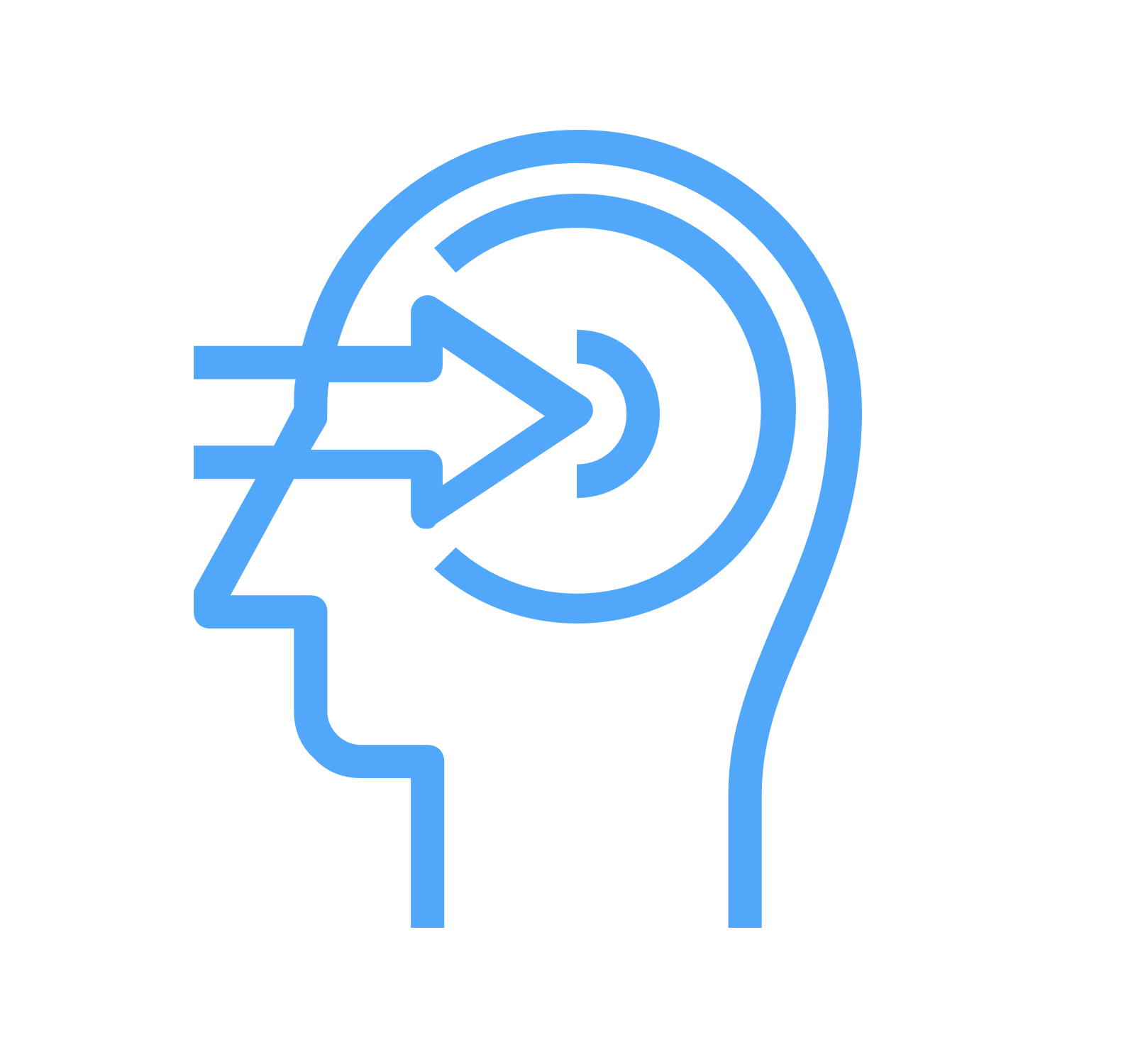
practice questions
Helping Teachers Do What They Do Best: Teach
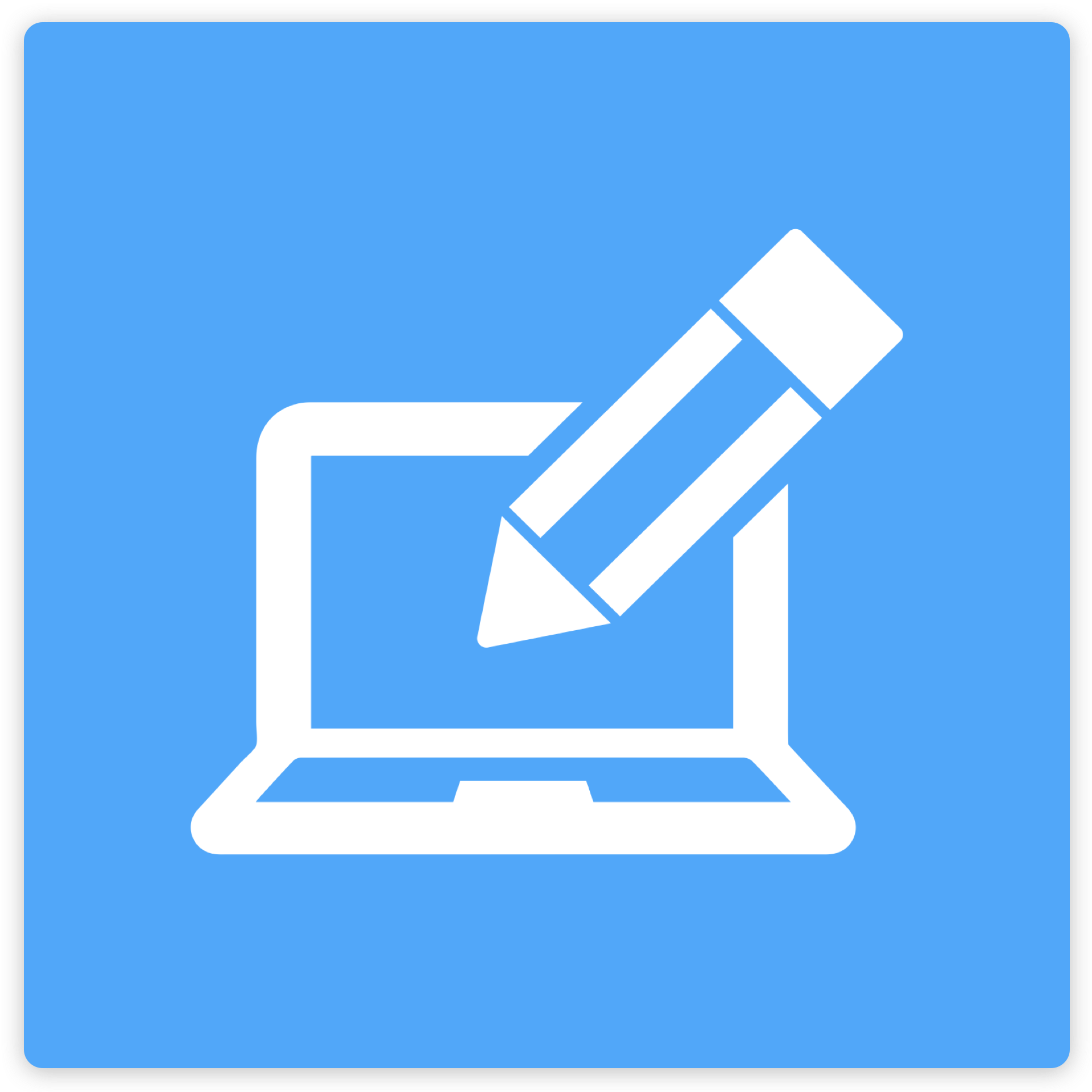
Customize
Use our courses as is or easily customize them to fit your teaching style and the needs of your students. You can add your favorite resources, hide and show our existing content and pre-built assessments, or make them your own. Everything your students need, in one place!
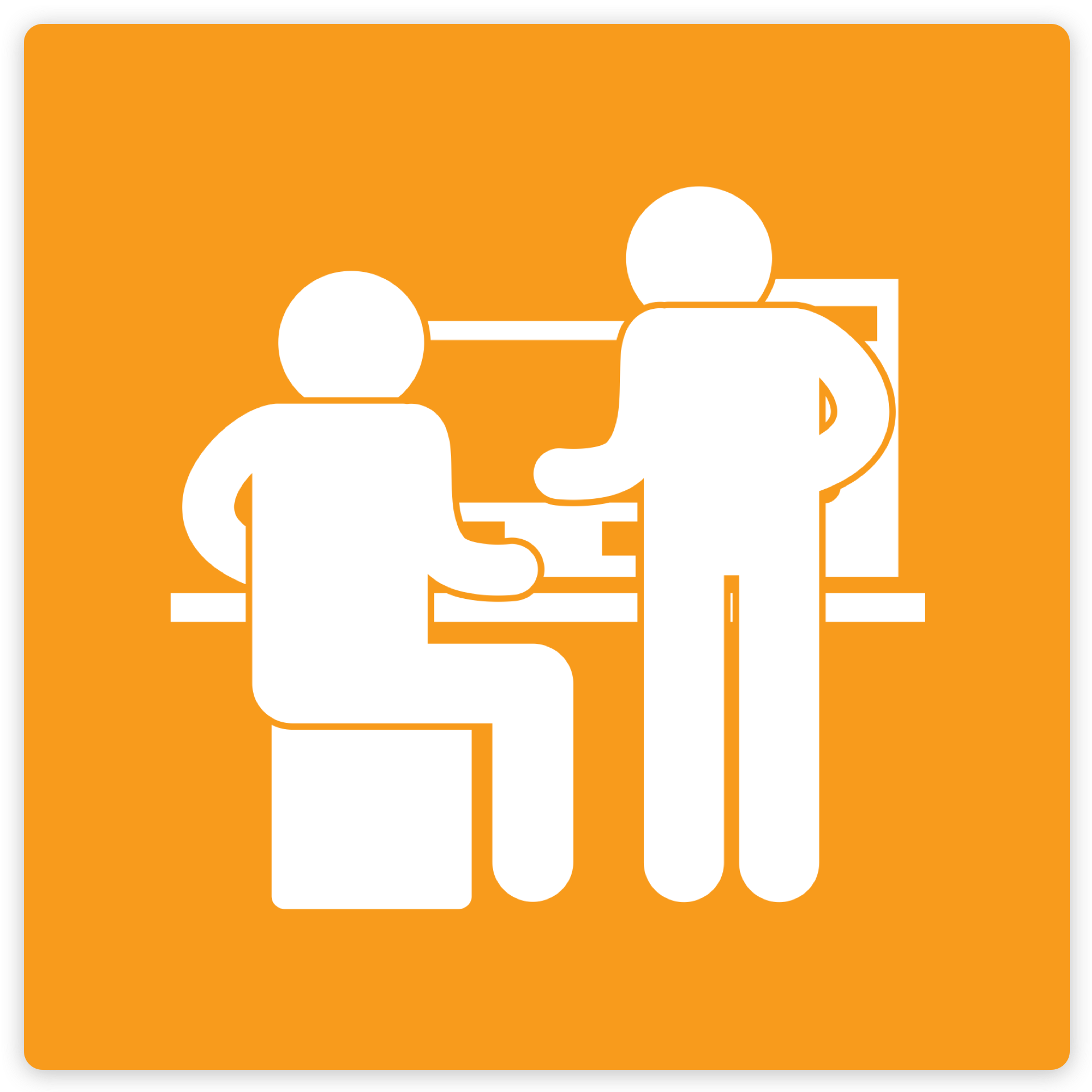
Engage and Collaborate
Odigia combines learning materials, discussions, and tools to create a familiar social experience for students allowing you to easily connect and redirect students attention.
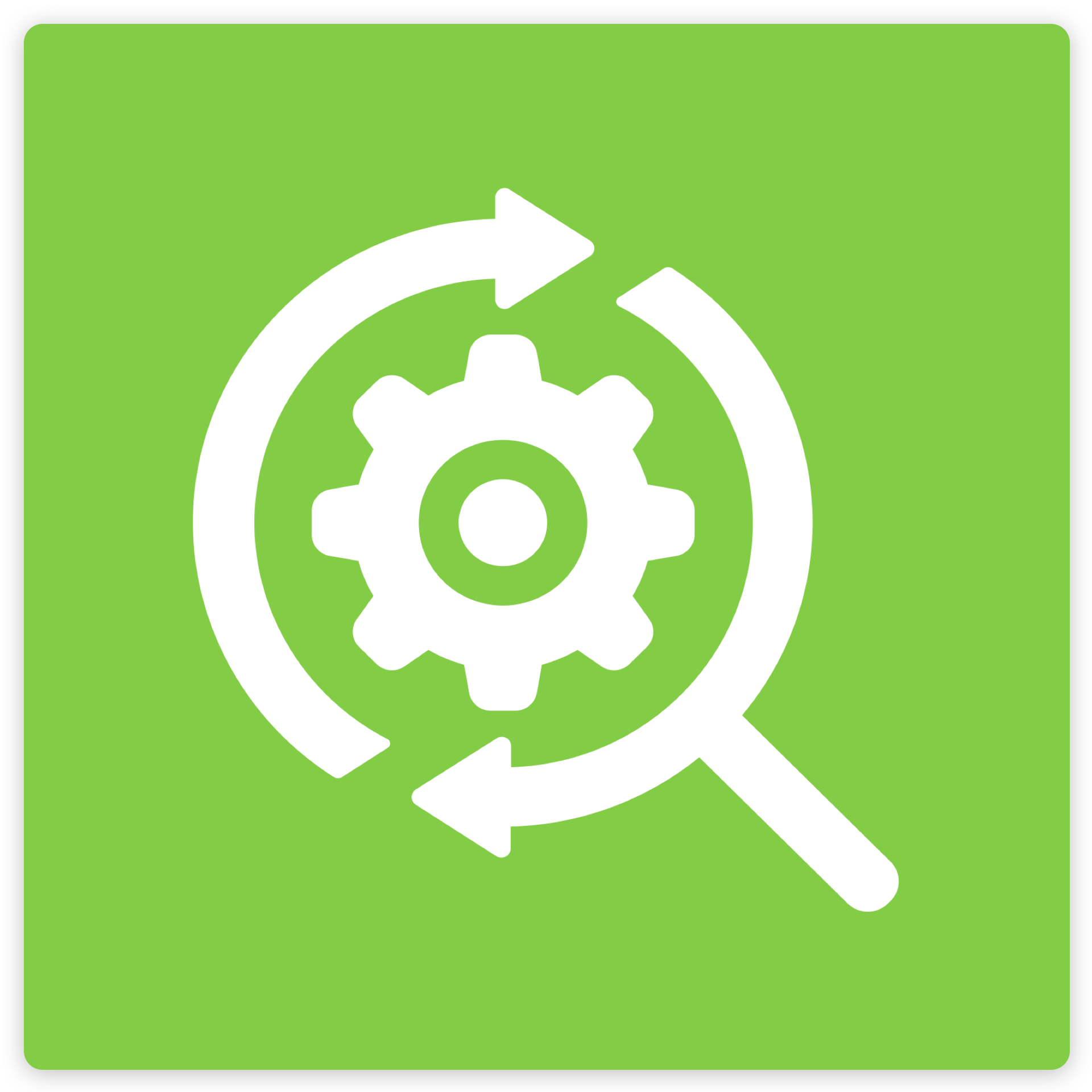
Track
See how much time students are spending on different areas of the course, which areas are creating the most amount of engagement and identify topics the students are struggling with. Flag and provide feedback on assignments to proactively meet individual students' needs.
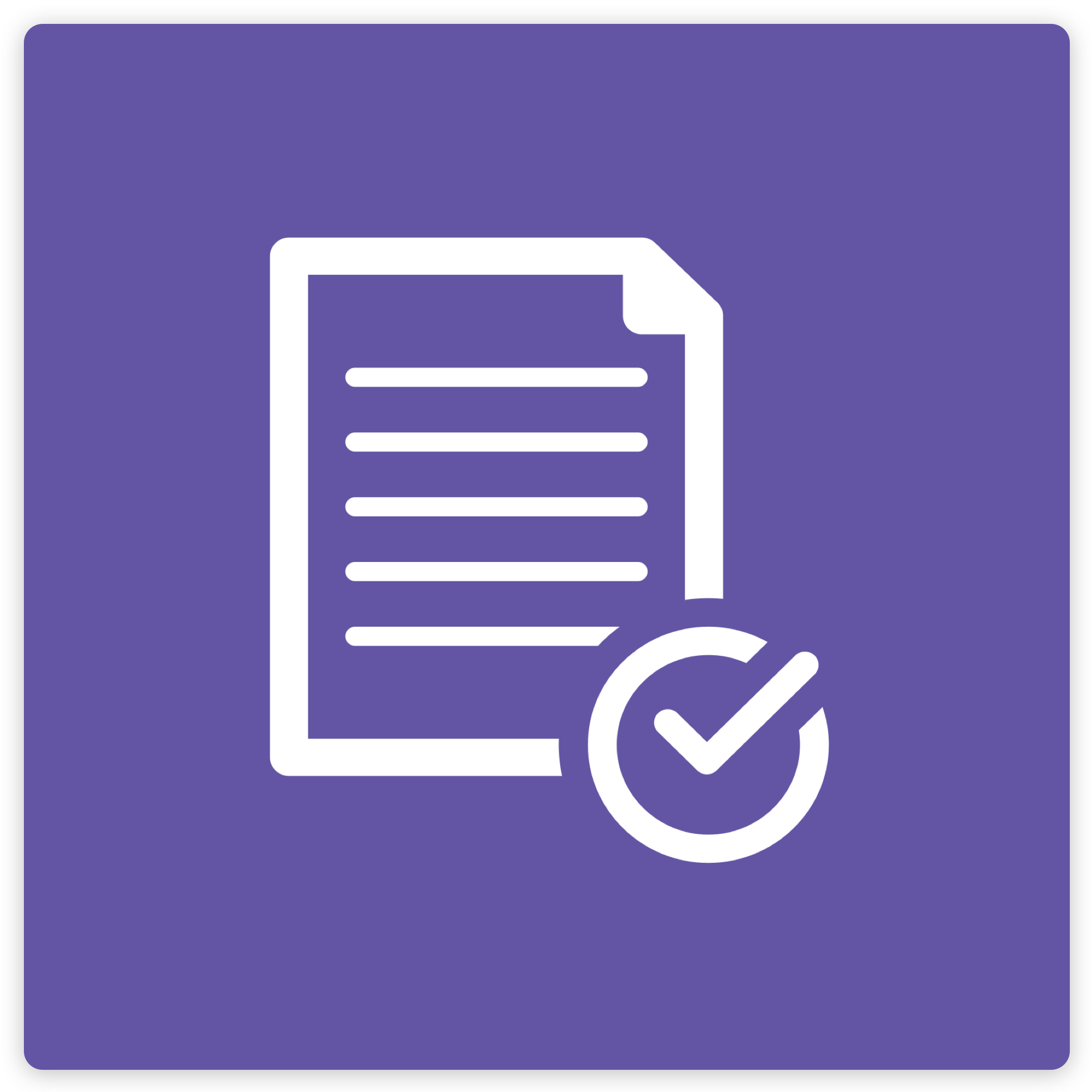
Assess
Game theory allows students to monitor their progress visually and motivates them to stay on track. Students can see exactly what activities they need to complete, which ones have been flagged and compare their progress against the overall class.
Educational Psychology Course Outline
The Changing Teaching Profession and You
The Learning Process
- Teachers’ Perspectives on Learning
- Major Theories and Models of Learning
Student Development
- Why Development Matters
- Physical Development During the School Years
- Cognitive Development: Jean Piaget Theory
- Social Development: Relationships, Personal Motives, and Morality
- Moral Development: Forming a Sense of Rights and Responsibilities
- Understanding the “Typical Student” Vs. Understanding Students
Student Diversity
- Individual Styles of Learning and Thinking
- Multiple Intelligences
- Gifted and Talented Students
- Gender Differences in the Classroom
- Differences in Cultural Expectations and Styles
- Accommodating Diversity in Practice
Students with Special Educational Needs
- Three People on the Margins
- Growing Support for People with Disabilities: Legislation and it’s Effects
- Responsibilities of Teachers for Students with Disabilities
- Categories of Disabilities – and their Ambiguities
- Learning Disabilities
- Attention Deficit Hyperactivity Disorder
- Intellectual Disabilities
- Behavioral Disorders
- Physical Disabilities and Sensory Impairments
- The Value of Including Students with Special Needs
Student Motivation
- Motives as Behavior
- Motives as Goals
- Motives as Interests
- Motives Related to Attributions
- Motivation as Self-Efficacy
- Motivation as Self-Determination
- Expectancy x Value: Effects on Students’ Motivation
- TARGET: A Model for Integrating Ideas about Motivation
Classroom Management and the Learning Environment
- Why Classroom Management Matters
- Preventing Management Problems by Focusing Students on Learning
- Responding to Student Misbehavior
- Keeping Management Issues in Perspective
The Nature of Classroom Communication
- Communication in Classrooms vs Communication Elsewhere
- Effective Verbal Communication
- Effective Nonverbal Communication
- Structures of Participation: Effects on Communication
- Communication Styles in the Classroom
- Using Classroom talk to Stimulate Students’ Thinking
- The Bottom Line: Messages Sent, Messages Reconstructed
Facilitating Complex Thinking
- Forms of Thinking Associated with Classroom Learning
- Critical Thinking
- Creative Thinking
- Problem-Solving
- Broad Instructional Strategies that Stimulate Complex Thinking
- Teacher-Directed Instruction
- Student-Centered Models of Learning
- Inquiry Learning
- Cooperative Learning
- Examples of Cooperative and Collaborative Learning
- Instructional Strategies: An Abundance of Choices
Planning Instruction
- Selecting General Learning Goals
- Formulating Learning Objectives
- Students as a Source of Instructional Goals
- Enhancing Student Learning through a Variety of Resources
- Creating Bridges among Curriculum Goals and Students’ Prior Experiences
- Planning for Instruction and Learning
Teacher-Made Assessment Strategies
- Basic Concepts
- Assessment for Learning: An Overview of the Process
- Selecting Appropriate Assessment Techniques I: High Quality Assessments
- Reliability
- Absence of Bias
- Selecting Appropriate Assessment Techniques II: Types of Teacher-Made Assessments
- Selected Response Items
- Constructed Response Items
- Portfolios
- Assessment that Enhance Motivation and Student Confidence
- Teachers’ Purposes and Beliefs
- Choosing Assessments
- Providing Feedback
- Self and Peer Assessment
- Adjusting Instruction Based on Assessment
- Communication with Parents and Guardians
- Action Research: Studying Yourself and you Students
- Grading and Reporting
Standardization and Other Formal Assessments
- Basic Concepts
- High-Stakes Testing by States
- International Testing
- International Comparisons
- Understanding Test Results
- Issues with Standardized Tests
About the book
Educational Psychology

Educational Psychology has two major areas of focus: education theory, and the practicalities of classroom life. This course will attempt to blend those two areas of focus as often as possible, so that you—as the reader, student, and (future) teacher—can get the most out of the material.
About the authors:
Senior Contributing Authors
Kelvin Seifert, University of Manitoba
Rosemary Sutton, Cleveland State University
